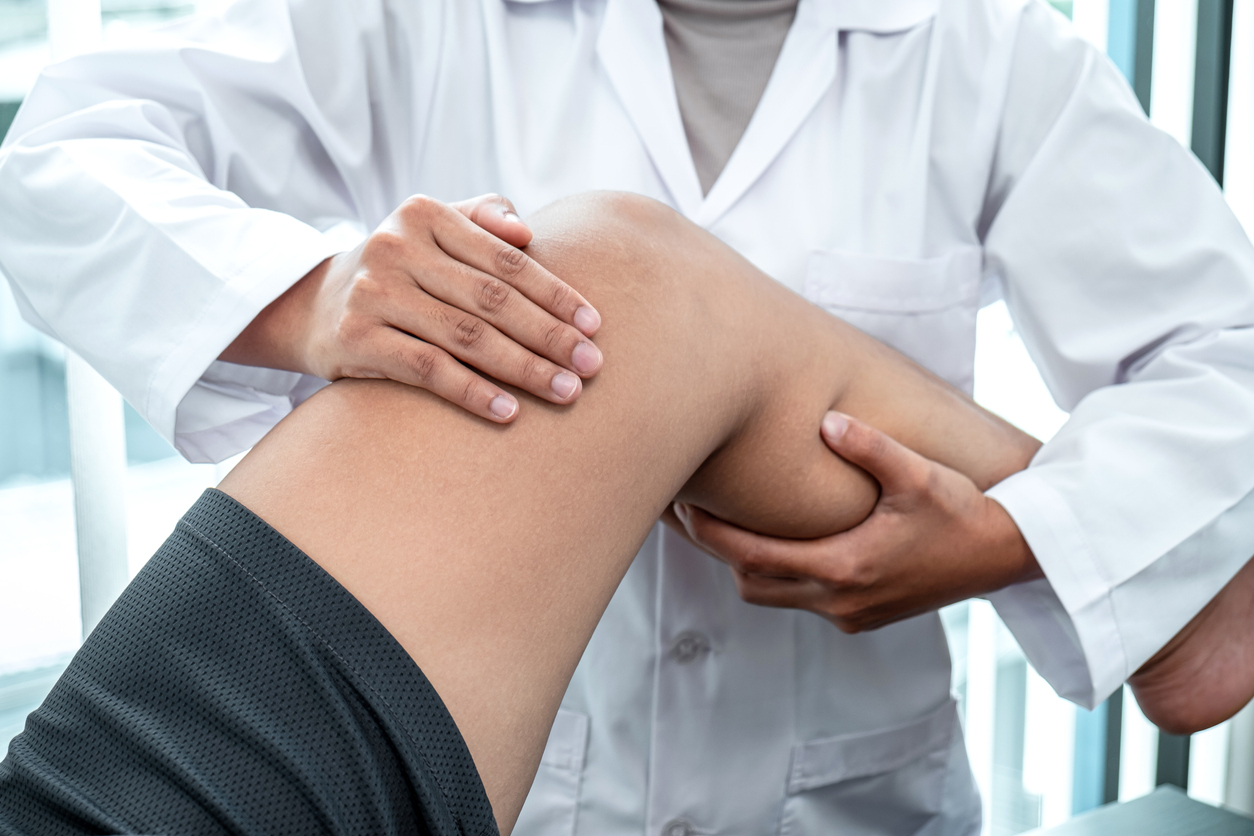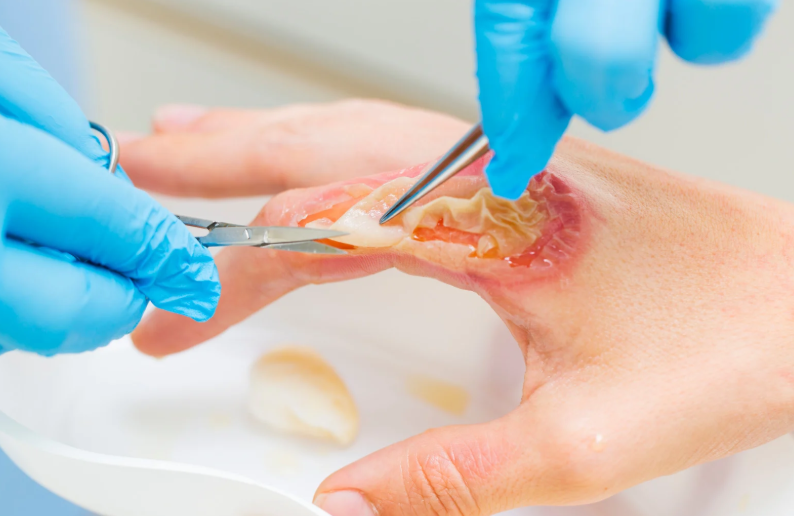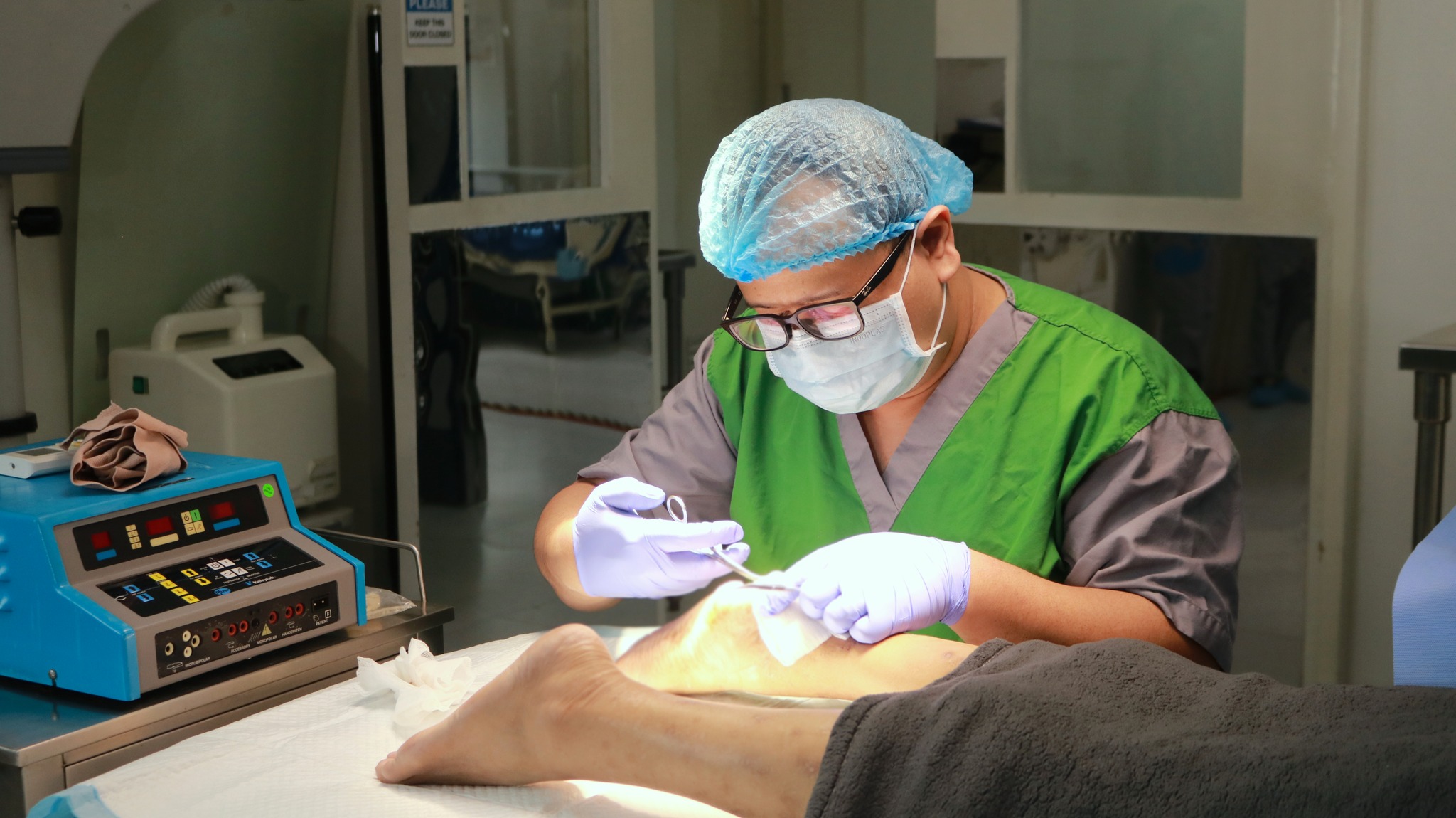Undergoing revision hip replacement surgery is a significant step toward reclaiming pain-free mobility and improving your quality of life. This procedure is designed to address issues with a previously implanted hip joint that is no longer functioning as intended. However, managing pain and discomfort following the surgery is crucial for a smooth recovery. In this blog, we’ll explore effective strategies for managing pain, understanding common causes of discomfort, and providing tips to ensure a successful recovery.
Understanding Revision Hip Replacement
Definition and Purpose of Revision Hip Replacement: Revision hip replacement is a surgical procedure performed to replace a worn-out or failed hip implant. Unlike the initial hip replacement, which aims to alleviate pain and restore function in a damaged hip joint, revision surgery addresses issues arising from the first implant that no longer works properly.
Common Reasons for Undergoing Revision Surgery: The need for revision surgery may arise due to several factors, including implant loosening, infection, wear and tear, or mechanical failure. These issues can lead to persistent pain, reduced mobility, and discomfort that necessitate a new surgical intervention.
How Revision Differs from Initial Hip Replacement: While both procedures involve implanting a new hip joint, revision hip replacement typically requires more complex surgical techniques. The surgeon must remove the old implant, address any damage or complications, and carefully place a new implant. This process can be more challenging due to scar tissue, bone changes, and the need for precise adjustments.
Common Causes of Pain and Discomfort After Revision Surgery
Implant-Related Issues: Pain after revision surgery can stem from issues with the new implant, such as loosening or infection. These problems can interfere with the healing process and lead to discomfort or complications.
Post-Surgical Inflammation and Swelling: Inflammation and swelling are common after any surgical procedure, including revision hip replacement. While these symptoms are part of the healing process, they can contribute to pain and discomfort in the early recovery stages.
Soft Tissue Healing and Recovery: The surrounding soft tissues, including muscles, tendons, and ligaments, need time to heal and adapt to the new implant. This healing process can cause temporary pain and discomfort as the body adjusts to the revised joint.
Impact of Surgical Technique and Implant Type: Different surgical techniques and implant types can influence the level of pain experienced after surgery. For example, the complexity of the revision procedure and the specific materials used in the implant may affect how quickly and comfortably you recover.
Effective Pain Management Strategies
Medications: Pain relievers and anti-inflammatory medications are commonly prescribed to manage post-surgical pain. It’s important to follow your surgeon’s recommendations regarding medication usage to balance pain relief with potential side effects.
Physical Therapy: Physical therapy plays a crucial role in managing pain and promoting recovery. A personalized rehabilitation program can help strengthen the hip joint, improve mobility, and reduce discomfort through targeted exercises and therapies.
Home Remedies: Simple home remedies can provide additional relief from pain and discomfort. Using ice packs to reduce swelling, elevating the leg to minimize inflammation, and ensuring adequate rest can support your recovery and ease discomfort.
Lifestyle Adjustments: Making adjustments to your daily activities can help manage pain and prevent strain on the hip joint. Adopting ergonomic practices, avoiding high-impact activities, and following your surgeon’s guidelines can contribute to a more comfortable recovery.
When to Seek Professional Help
Identifying Signs of Complications: It’s essential to be aware of signs that may indicate complications, such as severe pain, signs of infection (e.g., fever, redness, or discharge), or persistent swelling. If you experience these symptoms, contact your healthcare provider promptly.
Importance of Follow-Up Appointments: Regular follow-up appointments with your orthopedic surgeon are crucial for monitoring your progress and addressing any issues that may arise. These visits allow your surgeon to assess your recovery and make any necessary adjustments to your treatment plan.
Available Treatments for Persistent Pain: If you continue to experience significant pain despite following recommended pain management strategies, additional treatments may be necessary. Your surgeon can discuss alternative options, such as further interventions or adjustments to your rehabilitation plan.
Long-Term Pain Management and Recovery Tips
Gradual Return to Activity: Returning to normal activities should be done gradually and under the guidance of your healthcare provider. Avoid rushing the process and listen to your body’s signals to prevent setbacks and ensure a smooth recovery.
Strengthening Exercises: Incorporating strengthening exercises into your rehabilitation program can help support the hip joint and improve overall function. Focus on exercises that enhance muscle strength and stability around the hip to aid in long-term pain management.
Regular Monitoring: Ongoing assessments and adjustments are vital for optimizing your recovery. Regular check-ins with your healthcare provider can help track your progress, address any concerns, and ensure that your recovery is on the right path.
Emotional and Psychological Support: Recovering from revision hip replacement surgery can be challenging, both physically and emotionally. Seeking emotional and psychological support, whether through counseling, support groups, or loved ones, can help you navigate the recovery process more effectively.
Takeaway
Managing pain and discomfort following revision hip replacement surgery is essential for a successful recovery. By understanding the common causes of pain, implementing effective pain management strategies, and following long-term recovery tips, you can enhance your comfort and get back to enjoying the activities you love. If you have any concerns or need personalized care, contact Tec Orthopedics for expert guidance and support.










